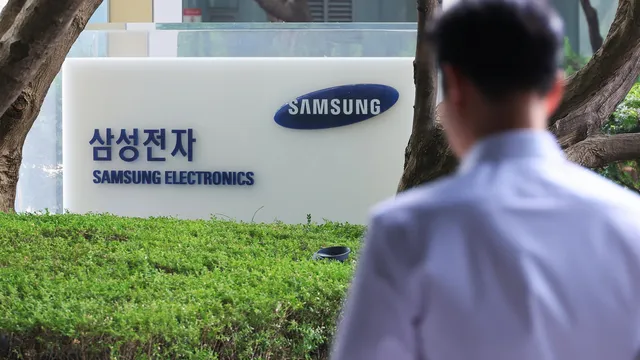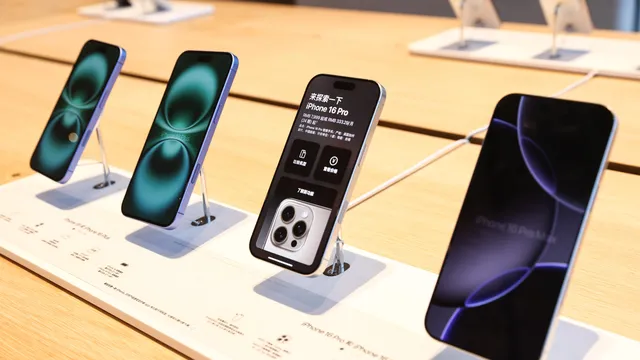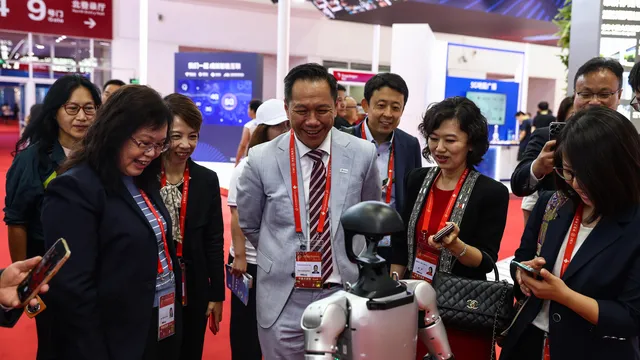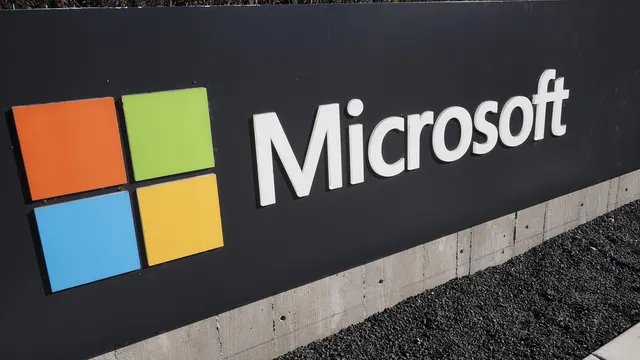Apple, Google, Microsoft, and Samsung have altered or withdrawn some of their advertising claims regarding their latest artificial intelligence products after a regulatory body launched an investigation into whether the companies were overstating the capabilities or availability of their AI features, the Wall Street Journal reported.
Over the past year, the National Advertising Division (NAD) of BBB National Programs began proactively examining AI product marketing as more companies promoted innovative capabilities in the public sphere. NAD attorney Laura Protzman explained that such claims are often difficult for consumers to evaluate, making verification essential. While some claims were supported by evidence, the NAD also identified significant exceptions.
In April, NAD concluded that Apple had advertised unreleased AI features for its newest iPhone as “available now,” with disclaimers that were not sufficiently clear. Although most of the features have since launched, Apple updated its website to more explicitly note that the new Siri capabilities are still under development. The company also pulled an ad in which Siri helps The Last of Us actress Bella Ramsey recall the name of a past acquaintance—a function that does not yet exist. Apple did not respond to requests for comment, but according to NAD, the company has committed to complying with the recommendations despite disagreeing with the findings.
Google removed a YouTube video demonstrating its Gemini assistant’s capabilities after NAD launched a review due to how performance and speed were portrayed. The video, accompanied by a brief disclaimer stating actions were “shortened,” now appears primarily in a blog post explaining the prompts used. A Google spokesperson noted the video was not meant to be a precise depiction of real-world performance.
Microsoft withdrew a page claiming that Copilot’s Business Chat feature “seamlessly works across all your data.” NAD found this potentially misleading, suggesting Copilot could automatically navigate between Microsoft apps and generate new documents—when such tasks still require manual intervention. Microsoft also added clarification to a survey result stating that 75% of users felt more productive after ten weeks of using Copilot, noting that this reflects subjective impressions rather than objective measurements. While the company disagreed with all conclusions, it agreed to follow NAD’s recommendations.
Last month, Samsung agreed to stop claiming that its AI-powered refrigerator “automatically recognizes its contents” after it was revealed that the built-in camera could only identify 33 specific items—and only when clearly visible. NAD did not issue an official statement as Samsung had already removed the promotional text.
The U.S. Federal Trade Commission is also reviewing AI product advertising. As part of its “AI Comply” initiative in September, the agency announced several legal actions, including one against Ascend Ecom—a company that claimed its AI-run e-commerce platform could generate $10,000 in monthly income for clients. The proposed court order would permanently ban its founders from marketing such services and require them to forfeit assets worth $25 million.
With AI expanding across every industry, consumers should be cautious about aggressive marketing, warns George Huydorfer, a marketing professor at the University of New Haven. “When you market AI as magic, you’re inevitably going to attract regulators' attention,” he said. “Sometimes that exaggeration isn’t just hyperbole—it’s a performance claim that requires real evidence.” | BGNES

 Breaking news
Breaking news
 Europe
Europe
 Bulgaria
Bulgaria







